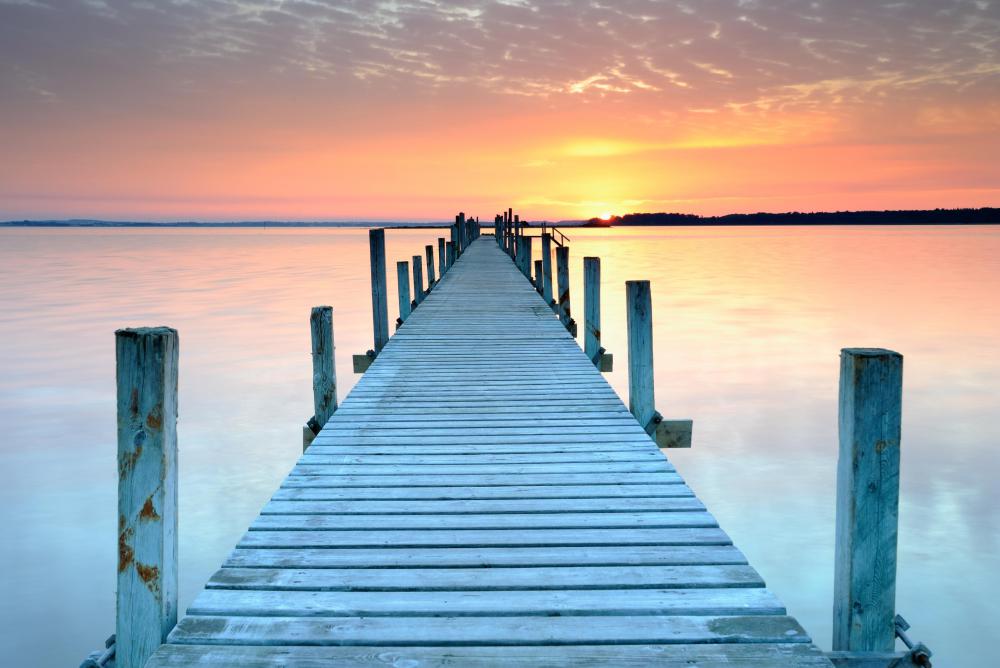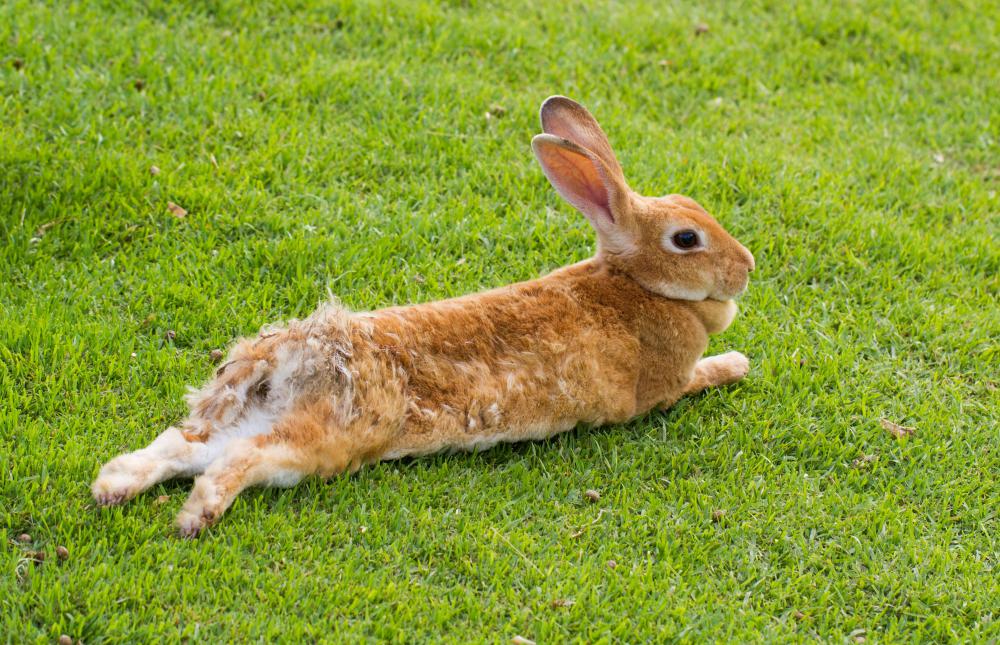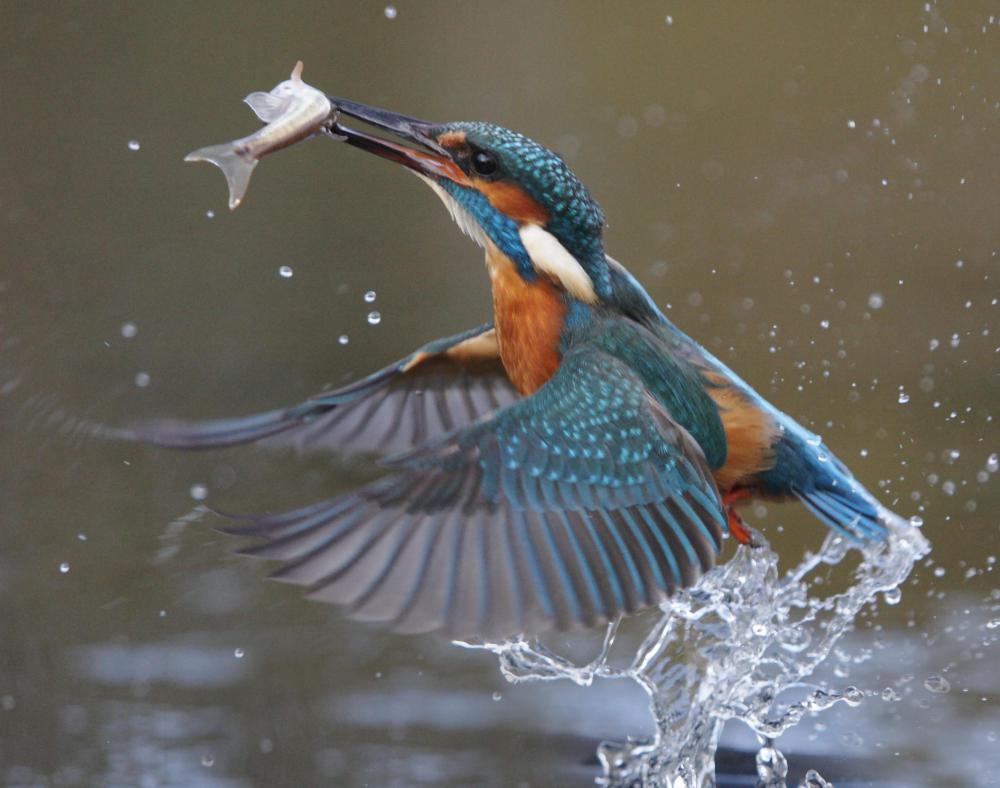What is an Ecosystem?
Ecosystem is a portmanteau word - that is, a word made by jamming two other words together. It originated as a shorthand way of referring to an ecological system, and is now the preferred term.
An ecosystem is simply an easy way to refer to all the lifeforms (plant and animal) in a cohesive, relatively independent area, and their relationship to one another. In a perfect world, an ecosystem is in balance. That is, the predator species keep the prey species' population in check without completely destroying them, and plantlife remains varied without one type predominating and crowding out the rest.

Ecosystems are rarely in balance, and this is often cause for alarm. For instance, pollution runoff from a factory can effect marine life in a lake, causing the fish population to plummet. This destabilizes the entire surrounding ecosystem, and birds and animals that prey on the fish either die off or migrate to areas with more food.
Attempting to counteract damage to an ecosystem requires a complete understanding of all the interrelationships between plants, animals and atmosphere in the system. Since such perfect understanding is rarely possible, unintended consequences are often the result.

For instance, the US government recommended in the 1930s that farmers in the south plant kudzu as a groundcover to help prevent erosion. Now kudzu is a nuisance plant and many thousands of hours a year are logged in trying to keep kudzu from taking over, damaging roadways and buildings and choking out other plant species. A similar takeover of a non-native species is seen in the rabbit problem in Australia. Rabbits have no natural predator native to Australia, so when they were introduced in the nineteenth century, they proliferated like, well, rabbits, to the point where their effects on the ecosystem, particularly farmland, has been devastating.

In nature, no ecosystem can be said to be independent of neighboring ecosystems or indeed, the global ecosystem, since ecosystems are open and plants and animals can move between them. All ecosystems are effected by planet-wide trends that effect the atmosphere, such as pollution and global warming.
One attempt to study an ecosystem in isolation was Biosphere 2, an airtight enclosure that tried to duplicate an ecosystem in balance. Although the experiment was not successful - they were unable to maintain oxygen levels high enough for human health without importing it - the experiment did make clear how fragile the balance of an ecosystem is and how dangerous it can be to severely damage the ecosystem of the entire earth.
AS FEATURED ON:
AS FEATURED ON:














Discussion Comments
i like this article. it gave me a lot of info and i got some really good info from this site. thanks for uploading it.
@ GenevaMech- What you say is correct. This is why modern conservation efforts have taken an ecosystem approach. The study of sustainability is also becoming more important in helping us understand the interactions within the ecosystem. Rather than trying to stabilize one species, scientists and conservationists are working to stabilize entire habitats.
You can see examples of this in modern attempts at fisheries management. No longer are catch-quotas the main tool for conservation. Instead, Fish and game employees use a combination of techniques to protect the entire local ecosystem.
What people seem to forget is the fact we are a part of the ecosystem. Whether that ecosystem is a localized area, or the planet as a whole, everything we do has an effect on all other species.
The larger our population becomes the bigger an effect we have on the ecosystem. The more we take from the ecosystem, the more it has to compensate. Most resources within the ecosystem are limited, and the compensation often does not work out in our favor. We either lose species beneficial to us, or see an increase of species detrimental to our health.
Post your comments